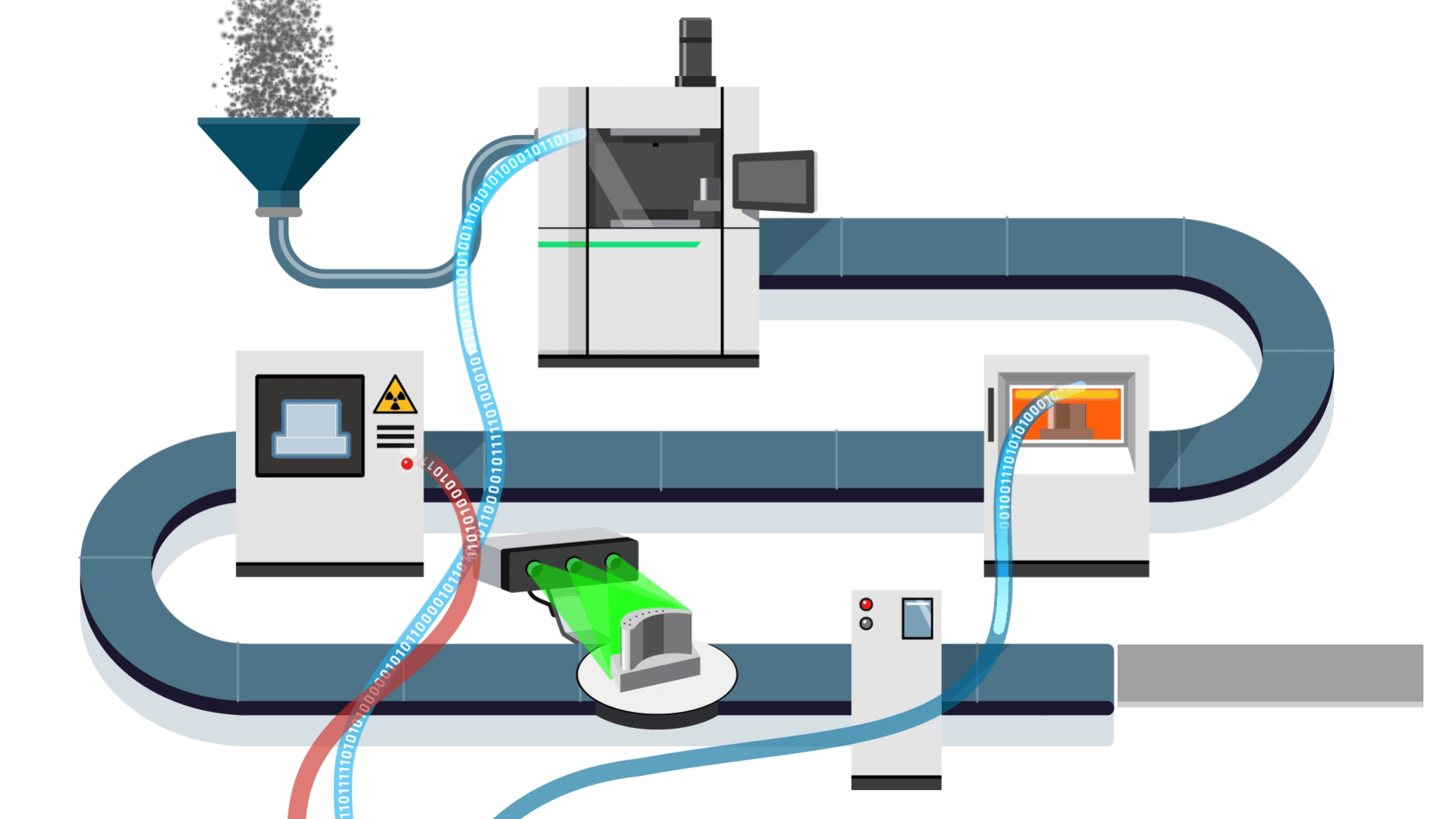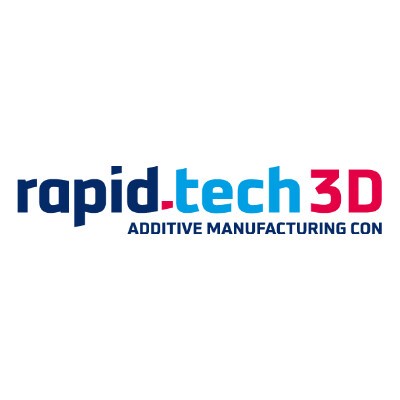Design and implementation of a machine log for PBF-LB/M on basis of IoT communication architectures and an ETL pipeline
Konstantin Poka (BAM) speaks about the state of the art in machine networks & data availability for PBF-LB/M machines, methodology for setting up & deploying an ETL data pipeline , Value added by implementing the FAIR principles for data management in PBF-LB/M
Powder Bed Fusion with Laser Beam of Metals (PBF-LB/M) has gained more industrial relevance and already demonstrated applications at a small series scale. However, its widespread adoption in various use cases faces challenges due to absence of interfaces to established Manufacturing Execution Systems (MES) that support customers in the predominantly data-driven quality assurance. Current state-of-the-art PBF-LB/M machines utilize communication architectures such as OPC Unified Architecture (OPC UA), Message Queuing Telemetry Transport (MQTT) and Representational State Transfer Application Programming Interface (REST API). In the context of the Reference Architecture Model Industry 4.0 (RAMI 4.0) and the Internet of Things (IoT), the assets, particularly the physical PBF‑LB/M machines, already have an integration layer implemented to communicate data such as process states or sensor values. Missing is an MES component acting as a communication and information layer. To address this gap, the proposed Extract Transform Load (ETL) pipeline aims to extract relevant data from the fabrication of each build cycle down to the level of scan vectors and additionally to register process signals. The suggested data schema for archiving each build cycle adheres to all terms defined by ISO/TC 261 ‑ Additive Manufacturing (AM). In relation to the measurement frequency, all data is reorganized into entities such as the AM machine, build cycle, part, layer, and scan vector. These scan vectors are stored in a runtime-independent format, including all metadata, to be valid and traceable. The resulting machine log represents a comprehensive documentation of each build cycle, enabling data-driven quality assurance at process level.
Vortragssprache: ENG
Sprechende (1)




